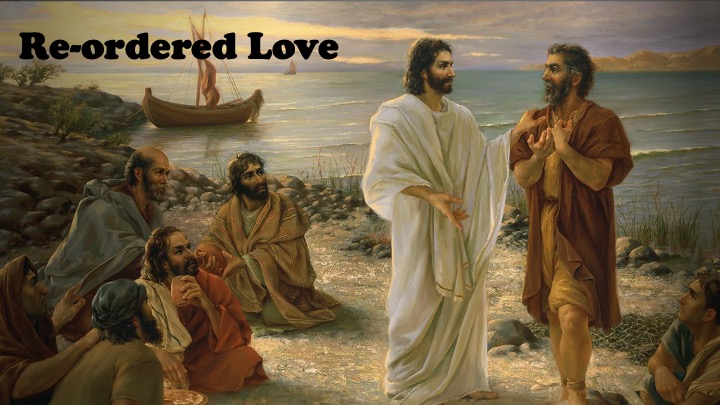Pontius Pilate was the Roman governor of Judea from A.D. 26-36, serving under Emperor Tiberius. He is most known for his involvement in condemning Jesus to death on a cross.
The Synoptic Gospels (Matthew, Mark, and Luke) portray Pilate as reluctant to crucify Jesus. Pilate calls the charges against Jesus “baseless” (Luke 23:14) and several times declares Jesus to be not guilty: “What crime has this man committed? I have found in him no grounds for the death penalty” (Luke 23:22).
Pilate’s conscience was already bothering him when his wife sent him an urgent message concerning Jesus. The note begged him, “Don’t have anything to do with that innocent man, for I have suffered a great deal today in a dream because of him” (Matthew 27:19).
In the end, Pilate sought a compromise. Knowing Jesus had been handed over by the religious leaders out of envy, he appealed to the crowds at the Passover, asking which “criminal” should be set free, Jesus or Barabbas? The leaders convinced the crowd to cry out for Barabbas (Matthew 27:20–21). Giving in to political pressure, Pilate authorized both the flogging and crucifixion of Jesus: “Wanting to satisfy the crowd, Pilate released Barabbas to them. He had Jesus flogged, and handed him over to be crucified” (Mark 15:15).

Moses sent 12 spies into the land of Canaan. God commanded this to happen so that the Israelites could know about the land and...

What are some verses in the Book of Joel on which we ought to meditate? Scriptures referenced include Genesis 12:8; Exodus 33:19; Exodus 34:5;...

The first commandment is often misunderstood as an oppressive demand for absolute control, but it is actually a divine invitation to healing and freedom....